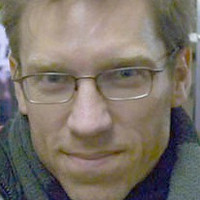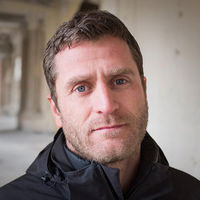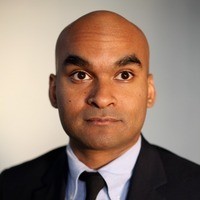Joel Lovell, deputy editor of The New York Times Magazine, interviewed live at the University of Pittsburgh.
"I think if you can make a writer feel like it's okay to not know what they're doing—they don't really know exactly what their story is, they're a little lost in their material—that's a fine place to be. If you can sort of talk it through, if you can minimize their anxiety a little bit, then I think you've done most of your job. After that it's just looking at the words and just figuring out which ones work."
Thanks to TinyLetter for sponsoring this week's episode!
</blockquote>













